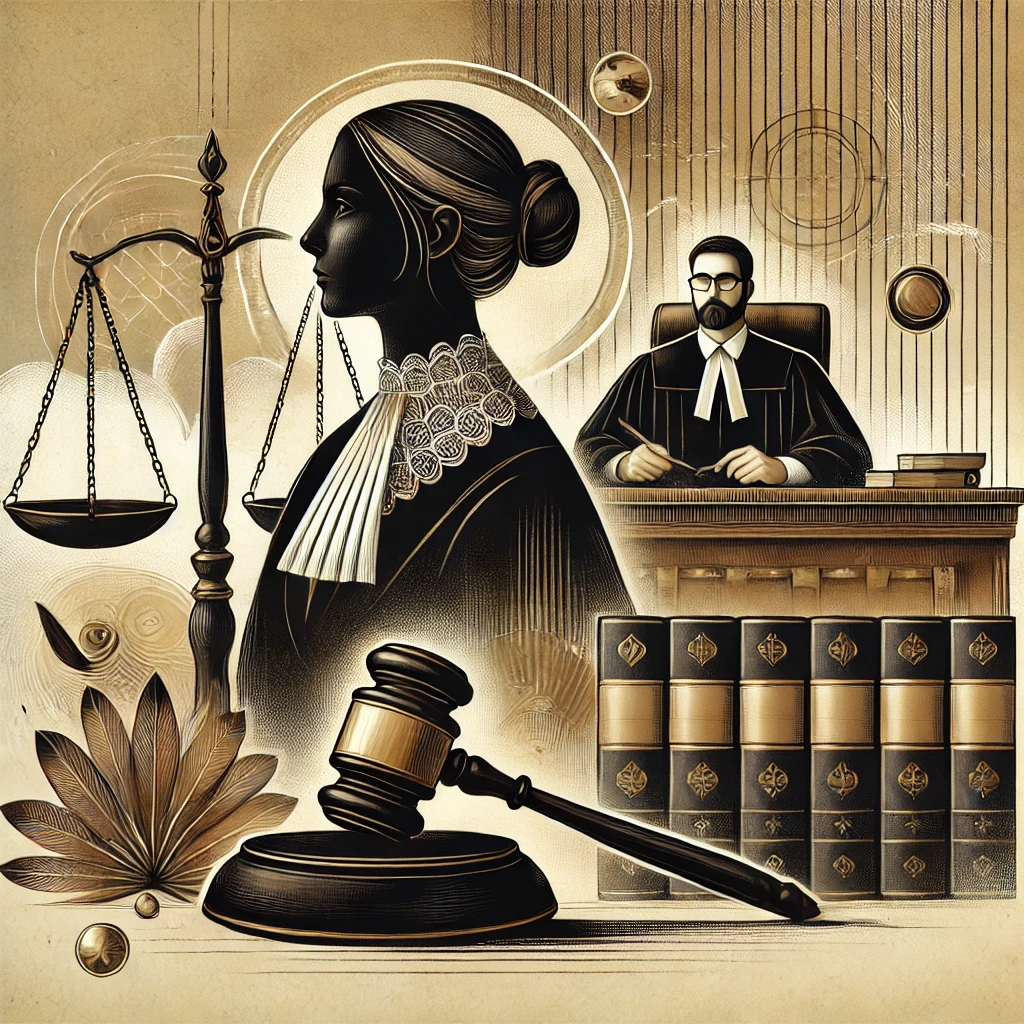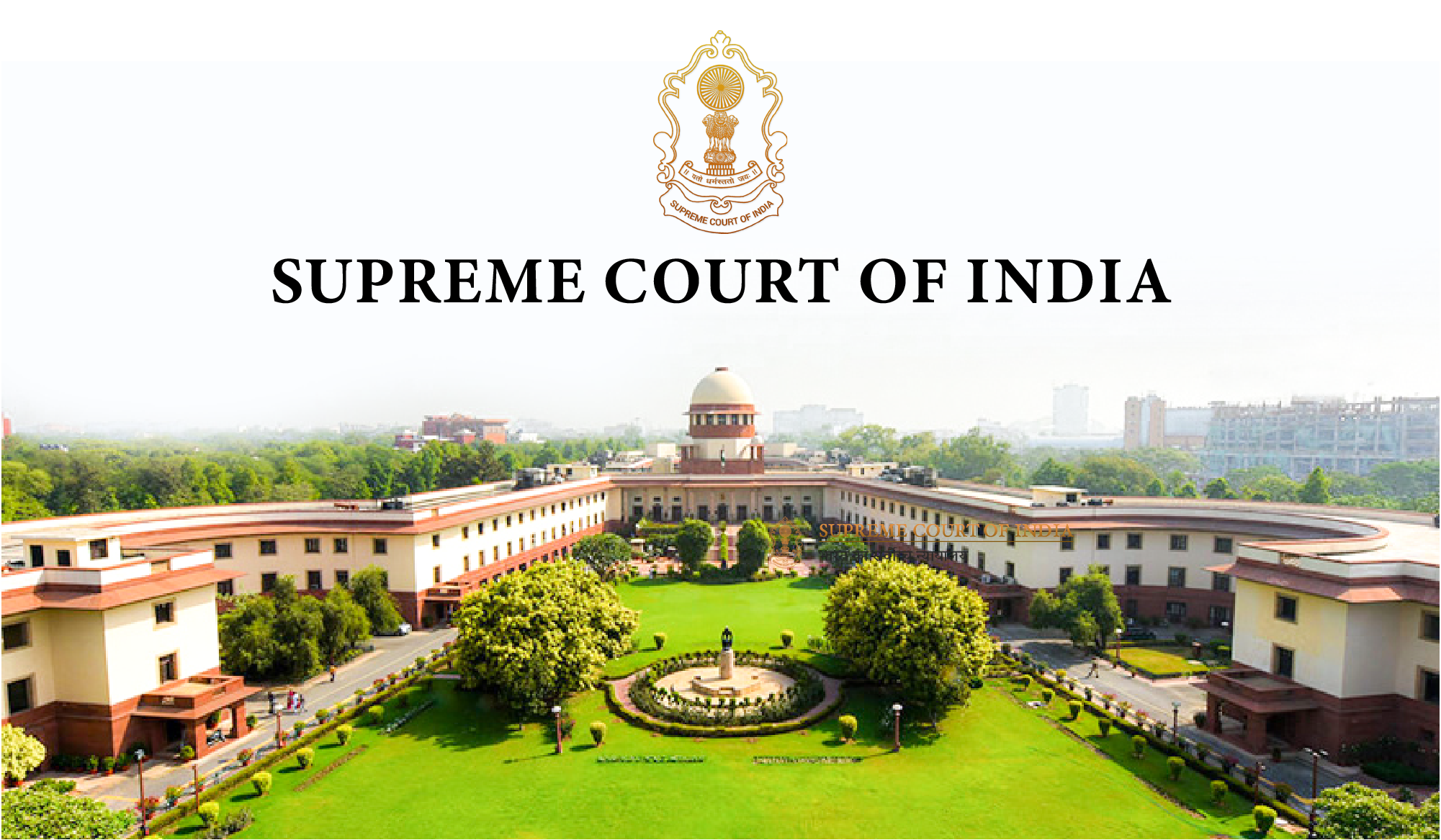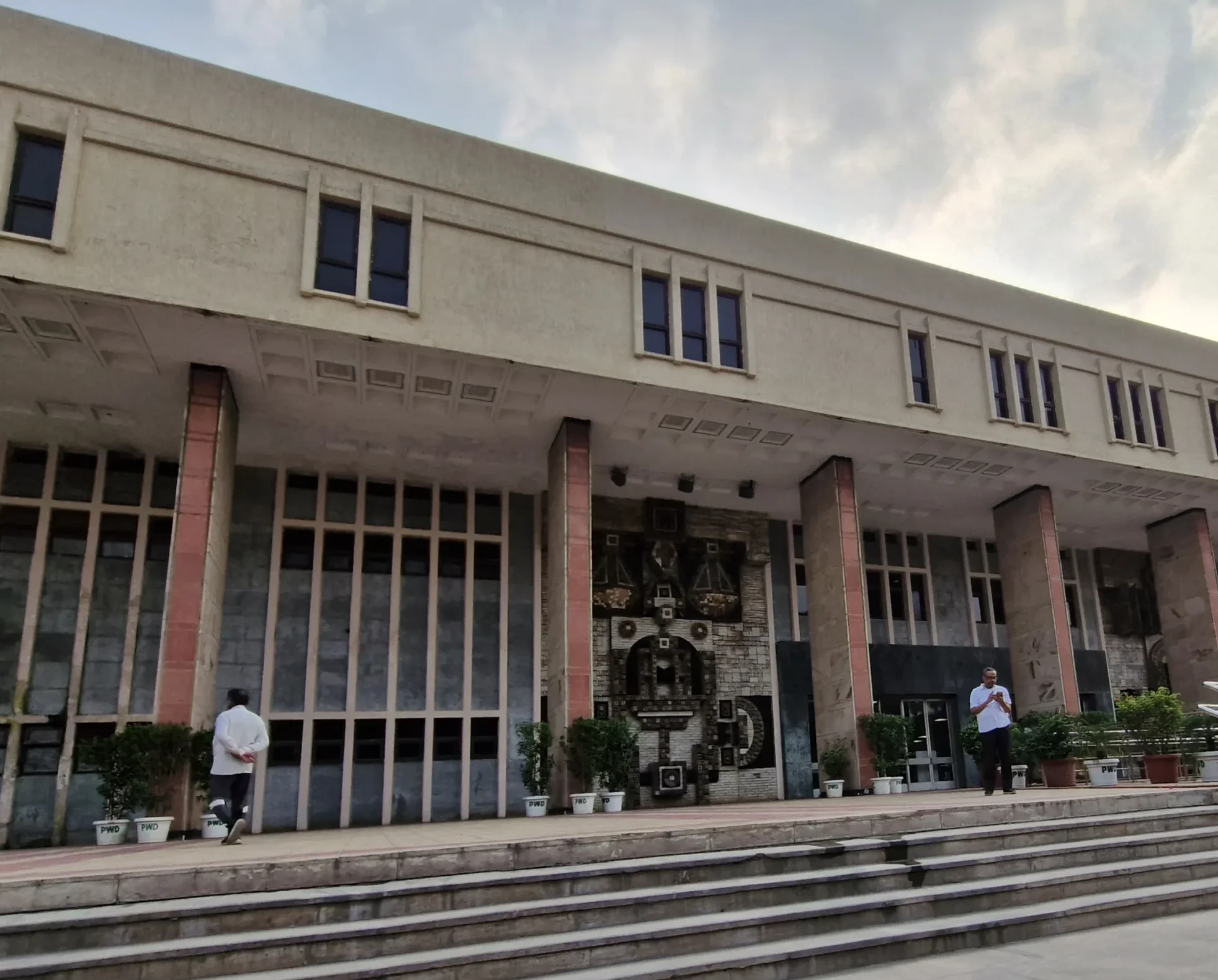
What is International Law?
International law is like a set of rules. These rules are agreements and treaties that bind countries together. It helps manage how sovereign states and other players in the world interact, keeping things orderly & fair globally. The main sources include treaties, customary law between countries recognised by Nations, and general principles recognized by civilized nations.
Table of Contents
ToggleKey Sources International Law
Treaties:The Building Blocks of Agreements
Treaties are one of the biggest sources of international law. Think of them as formal agreements made between two or more countries that have to be followed. They can cover loads of topics, too—like peace, trade, taking care of the environment, & human rights. A good example is the United Nations Charter; it’s a treaty that sets the stage for everything the UN does, focusing on international peace & security.
Customary International Law: Practices That Become Binding
Then there’s customary law. This means certain practices and customs turn into law over time, even if they aren’t written in a regular treaty. For instance, the idea of non-refoulement in refugee law stops people from being sent back to places where they might get hurt—this concept is widely accepted as customary international law.
General Principles of Law
There are also general principles that most legal systems recognize across the globe. These act as a backup source for international law—especially when treaties or common practices don’t give clear answers. Basics like equity, justice, & good faith fit into this category.
Key Institutions in International Law
The United Nations (UN)
The United Nations (UN) is like the leading organization for keeping global peace & safety. It has a big job in creating and enforcing international law through its different branches—like the International Court of Justice (ICJ) & the Security Council.
International Court of Justice (ICJ)
The ICJ is often called the “World Court.” It’s the UN’s main court where disputes between countries get sorted out. Plus, it gives advice on legal questions from the UN or other global organizations. A famous case was Nicaragua v. United States; here, the ICJ said that the U.S. acted improperly in Nicaragua.
Important Case Laws in International Law
Nicaragua v. United States (1986)
This important case had Nicaragua suing the U.S. for illegal military actions against it. In a big win for Nicaragua, the ICJ found that the U.S. had broken international law by supporting confrontational groups against Nicaragua’s government while harming its harbors.
Barcelona Traction Case (1970)
In another case called Barcelona Traction, the ICJ clarified who can ask for help when a company gets hurt by another nation. They decided that only a company’s home country can make claims on its behalf if there’s injury involved; this idea is crucial in developing international investment laws.
The Role of Treaties and Conventions in Shaping International Law
Treaties and conventions are super important.They shape how countries behave toward each other clearly. One key document, called the Vienna Convention on the Law of Treaties (1969), lays down rules about making & applying treaties.
Challenges in Applying International Law
Even though international law gives us a framework to manage things globally, applying it isn’t always easy because countries usually want to maintain their sovereignty. There’s no central authority enforcing these laws all around equally either. Plus, politics & personal interests can make following these rules tricky sometimes.
Conclusion
In short—it’s clear that international law matters a lot. It helps keep order globally, promotes peace, and protects human rights everywhere. Even with some bumps in its path, the development of it will keep shaping how countries interact with each other in our connected world today. Understanding these principles & institutions makes it clearer how global governance works now more than ever.











Leave a Reply